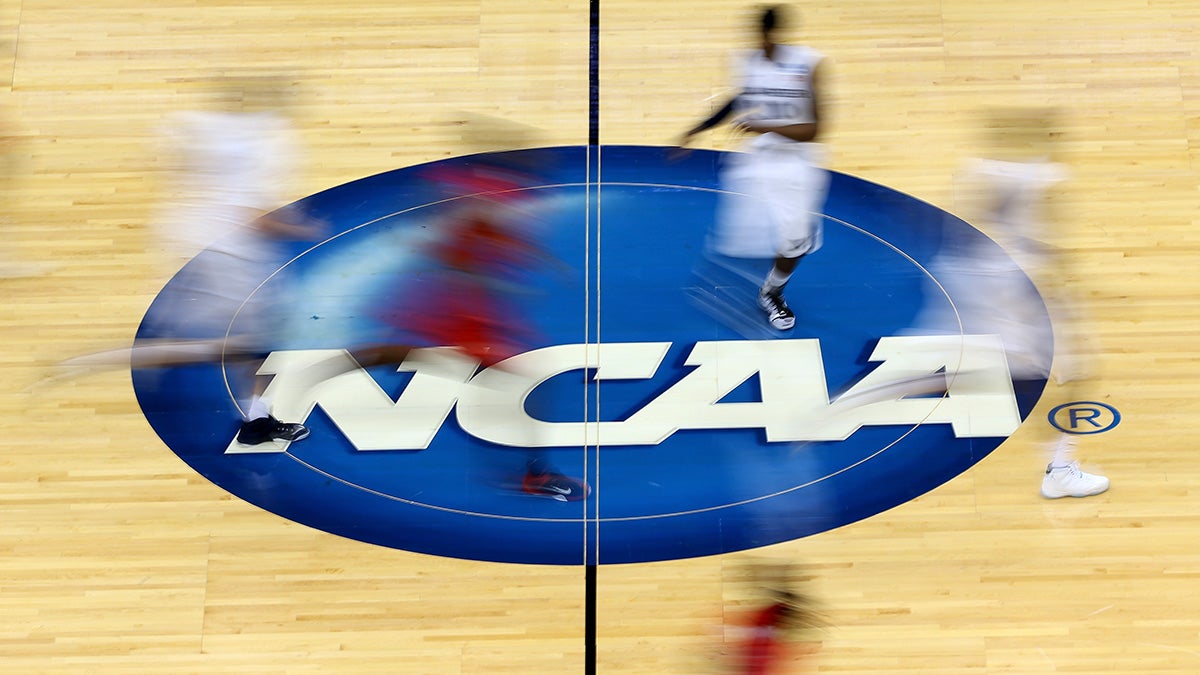Opinion: Commission recommendations welcome, but face tough road to acceptance

The Commission on College Basketball released a long report on Wednesday in the aftermath of FBI investigations into the sport. For those of us in the media and involved with collegiate sport, it will be months worth of analysis.

That was the dominant message I got in my read of the report today. I fully agree with the more open-market approach that if a kid is good enough and wants to go to the NBA straight out of high school, provide that pathway. Paternalism has rarely been strong enough to dampen that dream. The truth is there will never be that many kids good enough to do so, so let’s celebrate and support those who can make that leap.
This would require the NBA and NBA Players Association to revise their collective bargaining agreement to allow these high school stars to enter. I believe they will do so. Discussions are underway about ways to revise their rule and this may provide the needed push. If that change does not occur the committee has dangled the dreaded freshman ineligibility rule. Going back to that rule definitely requires deeper contemplation, but it could be the best, last resort. Some pretty fair players did not play varsity as freshmen, including Kareem Abdul Jabbar.
I was heartened too by the education focus in the report. Although short on specifics, the messaging is that more money should be spent on what the report refers to as putting the college back into college. My most recent book and work at the Global Sport Institute preaches the need for athlete degree completion and the spending of resources there as a priority over any discussions about pay for play.
Within the report too, are some sure losers. Having the NCAA regulate agents is a key recommendation that was tried decades ago and did not work. To put together the structure now to do this properly could be quite the task. Possibly piggybacking off of the existing NBPA structure is one potential path. The NCAA should be very concerned that certifying increases the entity's potential for liability. They cannot possibly want anymore lawsuits against them than they already have.
Another major portion of the report focuses on fixing what we commonly know as AAU-type basketball. From cleaning up the role of apparel companies and the involvement of agents, all is very well intentioned. But creating a new NCAA system to showcase youth, basically moving out the existing largely corrupt structure, that’s a very heavy lift. It’s very ambitious. There is no question that the funds exist to do this, but it will be both difficult and costly.
The “easiest” part of the recommendations presented are the greater sanctions against NCAA rule violators. We know the NCAA can enforce those, even when others don’t want them too.
Kenneth L. Shropshire is the CEO of the Global Sport Institute and adidas Distinguished Professor of Global Sport as Arizona State University and Endowed Professor Emeritus at the Wharton School, University of Pennsylvania. Among his 13 books is The Miseducation of the Student Athlete.
Related Articles
Opinion: NCAA commission recommendations miss the forest for the trees
ASU President Michael Crow: College basketball has a fundamental problem
NCAA report: Men's college baskeball 'deeply troubled'
Opinion: Let's stop creating an atmosphere for scandal and pay athletes
Opinion: It's time to end the notion of NCAA amateurism
How the FBI investigation into alleged improper payments unfolded

